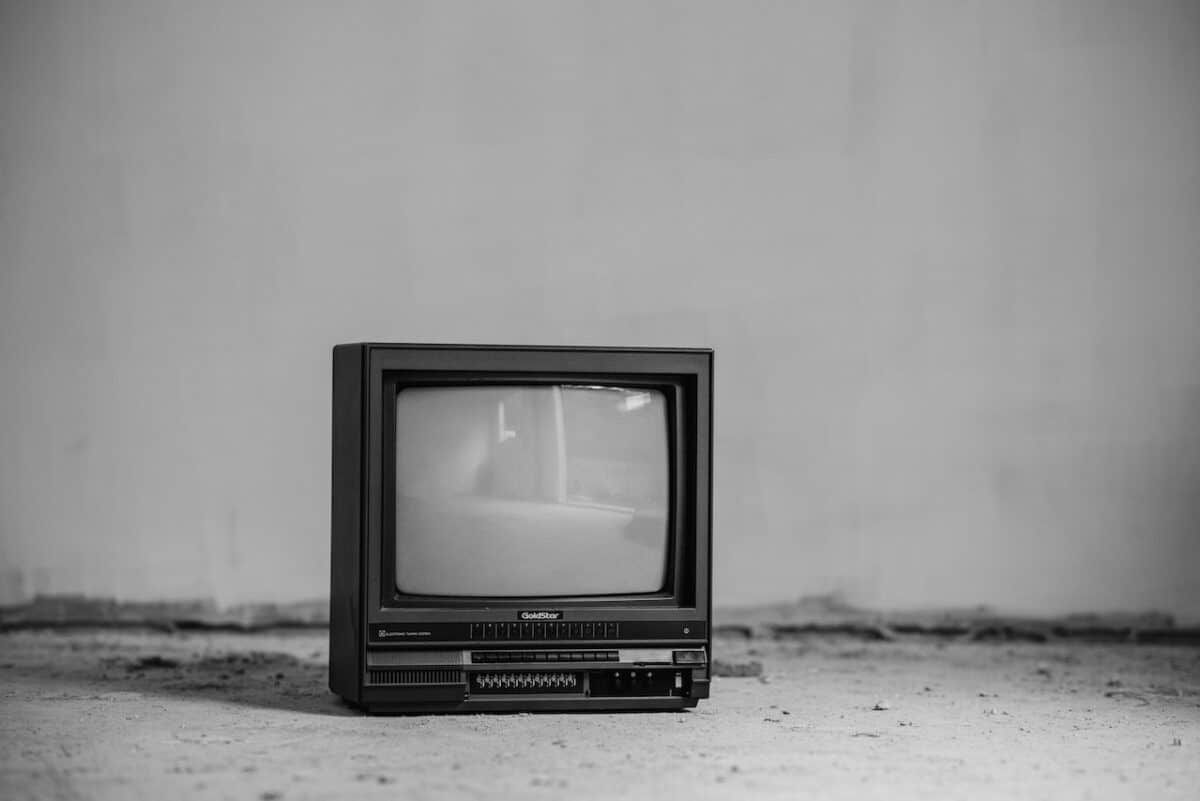E-Waste Recycling Mistakes You Should Avoid

E-waste, or electronic waste, is a growing problem in the world today. With the rise of technology, more and more electronic items are being discarded, creating a huge environmental and health hazard. Unfortunately, many people make mistakes when it comes to recycling e-waste, and this can have serious consequences. In this article, Atlanta Green Recycling will discuss four common e-waste recycling mistakes and how to avoid them:
Not Using the Correct Containers for E-Waste
One of the most common mistakes that people make when it comes to e-waste recycling is not using the correct containers for disposing of their old electronics. It’s important to realize that different types of e-waste require different types of containers. In most cases, e-waste should be placed in sealed containers that are specifically designed for e-waste recycling.
For example, batteries should always be placed in a battery recycling bin. This is because batteries contain hazardous materials which can be harmful to the environment if not disposed of properly. Similarly, other types of e-waste require specialized containers, such as computer monitors, laptops, and cell phones.
Not Configuring E-Waste Trash Cans
When setting up e-waste trash cans, it is important that they are configured in a way that clearly separates hazardous and non-hazardous items. This is because hazardous items such as lead and mercury need to be disposed of differently than non-hazardous items such as plastics and glass. By separating hazardous and non-hazardous items, you can ensure that the e-waste is properly recycled and not sent to a landfill.
The next step is to ensure that the e-waste trash cans are properly labeled. This will make it easier for people to know which trash can is for hazardous materials and which one is for non-hazardous materials. Additionally, this will help to prevent people from mistakenly throwing hazardous materials into the wrong trash can.
Disposing of E-Waste on Your Own
Disposing of e-waste on your own is not only dangerous, but it can also be illegal. Some e-waste contains hazardous materials such as lead, mercury, and cadmium, which can leach into the environment when disposed of improperly. Additionally, many e-waste items contain valuable materials such as copper, silver, and gold that can be recycled and reused. When these items are thrown away, they are not only wasted, but they can also harm the environment.
The best way to dispose of e-waste is to take it to a certified e-waste recycler. These recyclers are specially trained to handle e-waste in a safe and environmentally friendly manner. They can also help you determine which items are hazardous and which are not, which will help you make the most informed decision when it comes to disposing of e-waste.
Carelessly “Throwing Away” Data
When it comes to e-waste recycling, it is important to make sure that data is handled properly. Unfortunately, many people make the mistake of carelessly “throwing away” data, which can lead to serious consequences.
Data stored on electronic devices can contain sensitive information, such as financial records, addresses, and passwords. If this data is not handled properly, it can lead to identity theft and other cyber-security threats.
To avoid this mistake, it is important to ensure that all data is securely erased before the device is recycled. Even after the device has been formatted, this data can still be recovered. To make sure that the data is completely removed, it is best to use a secure erasure tool. This will overwrite the data on the device, making it unrecoverable.
Conclusion
E-waste recycling should be handled properly. It is important to ensure that e-waste is recycled in an environmentally sound manner as it contains hazardous materials that can be harmful to human health and the environment. Proper recycling of e-waste helps to reduce the number of hazardous substances released into the environment and also prevents the accumulation of e-waste in landfills. Furthermore, proper e-waste recycling helps to reduce energy consumption and environmental pollution. It also encourages the reuse of materials and components which have a lower environmental impact than producing new ones. It is, therefore, important for individuals and businesses to ensure that their e-waste is recycled in the most responsible way possible. It’s best to take your e-waste to a trusted recycling center in Atlanta.
Atlanta Green Recycling can take care of your electronics waste disposal in Atlanta, whether it’s for your home or your business. Ask us about our Atlanta recycling services today!